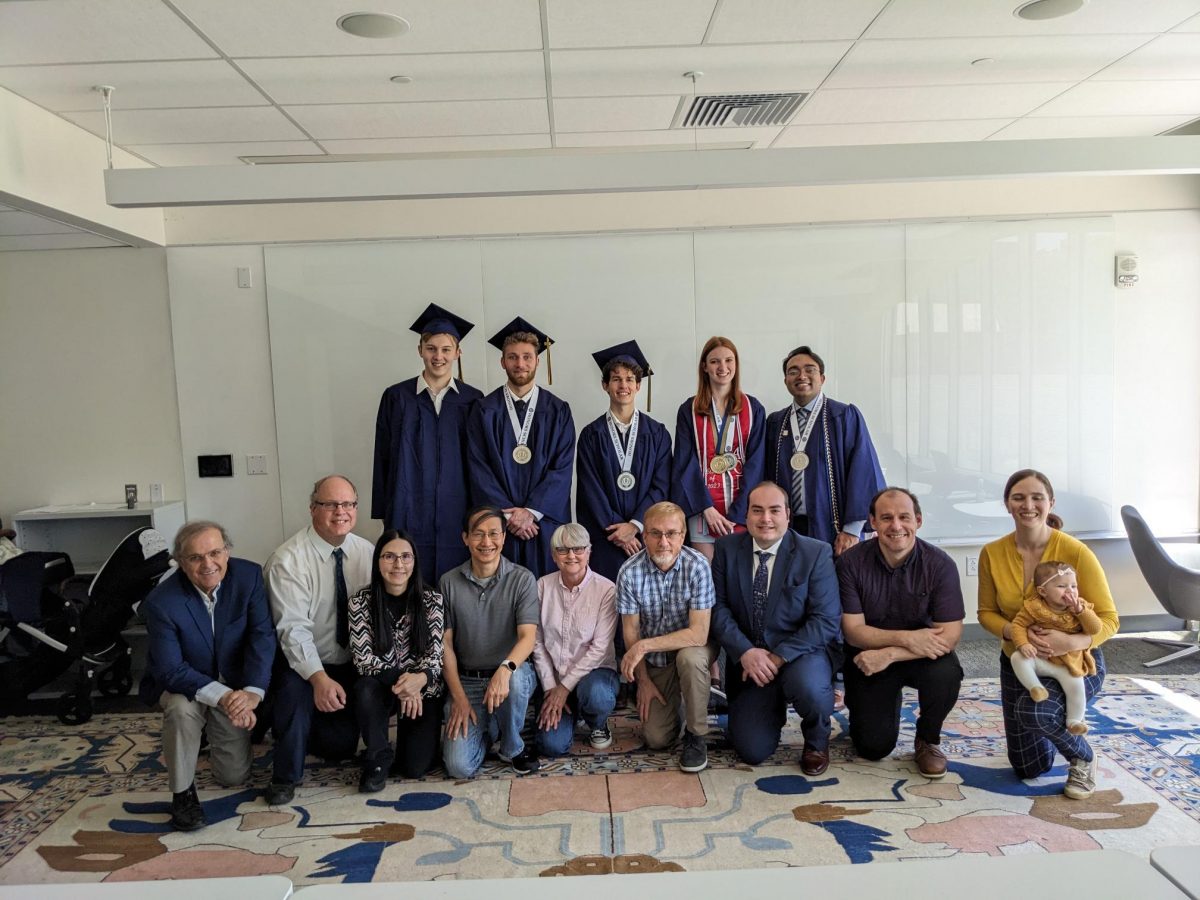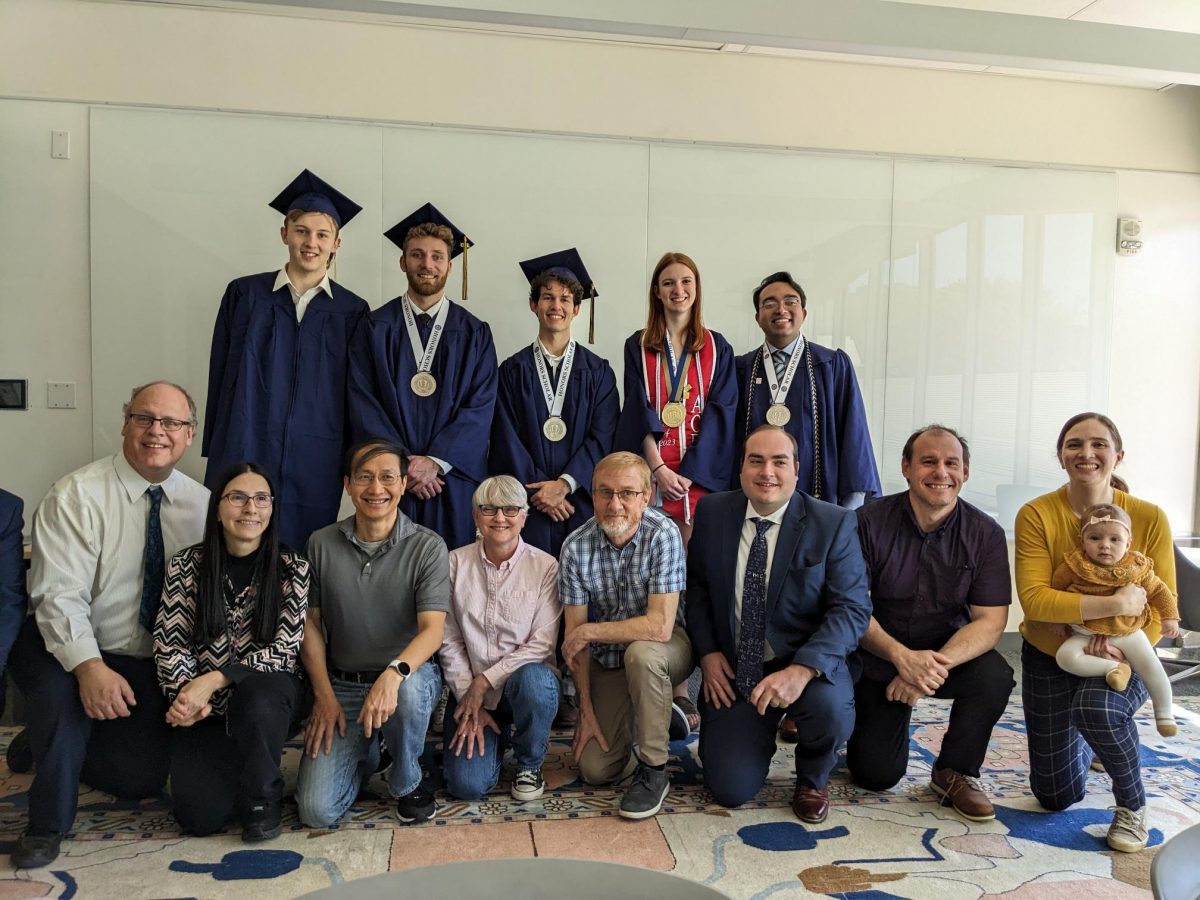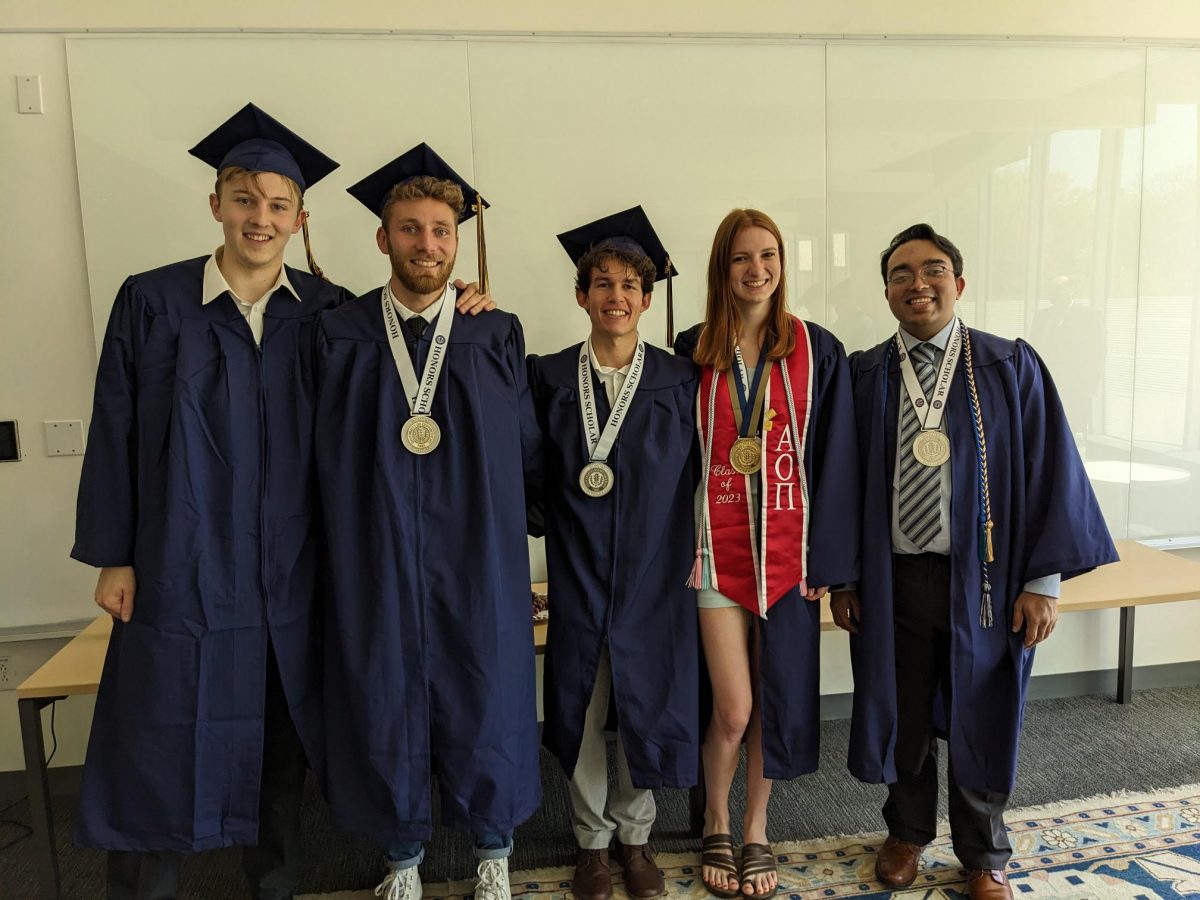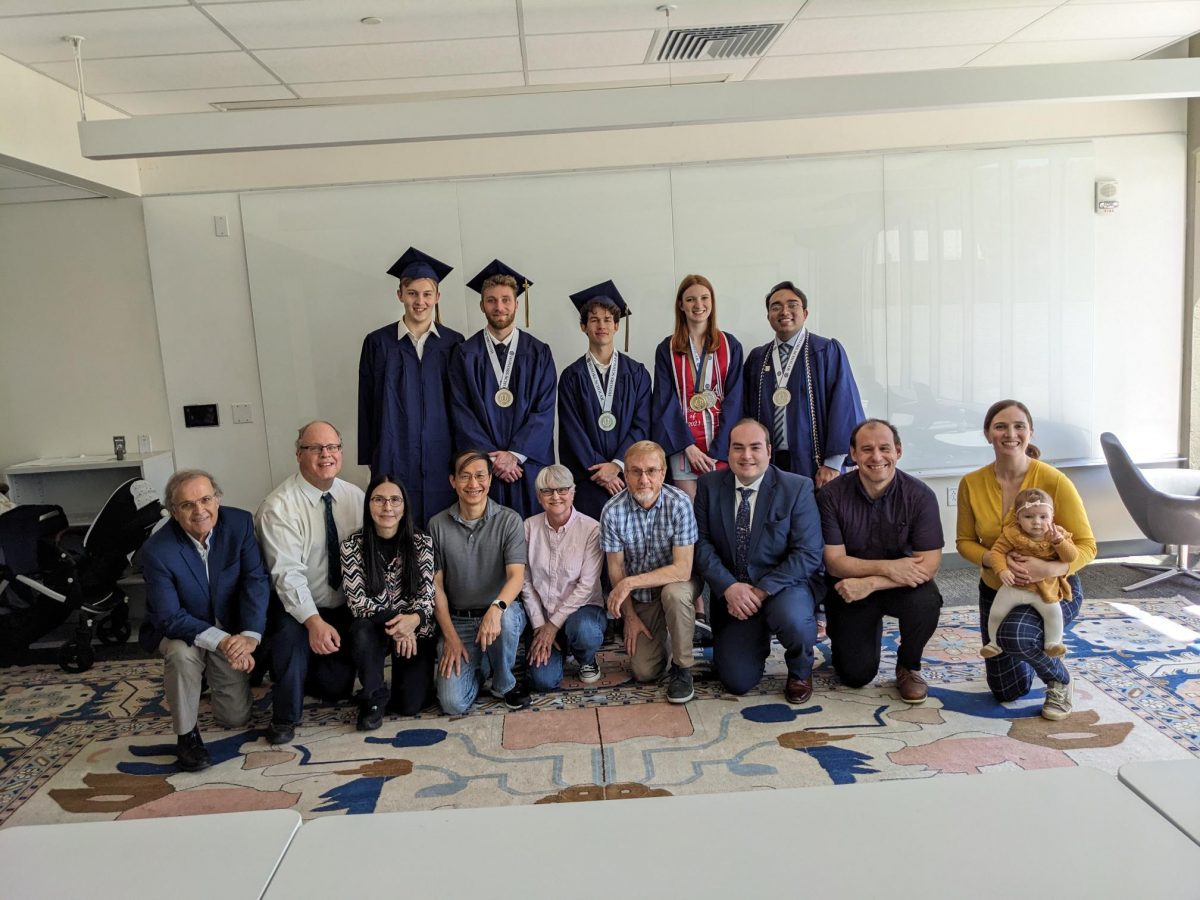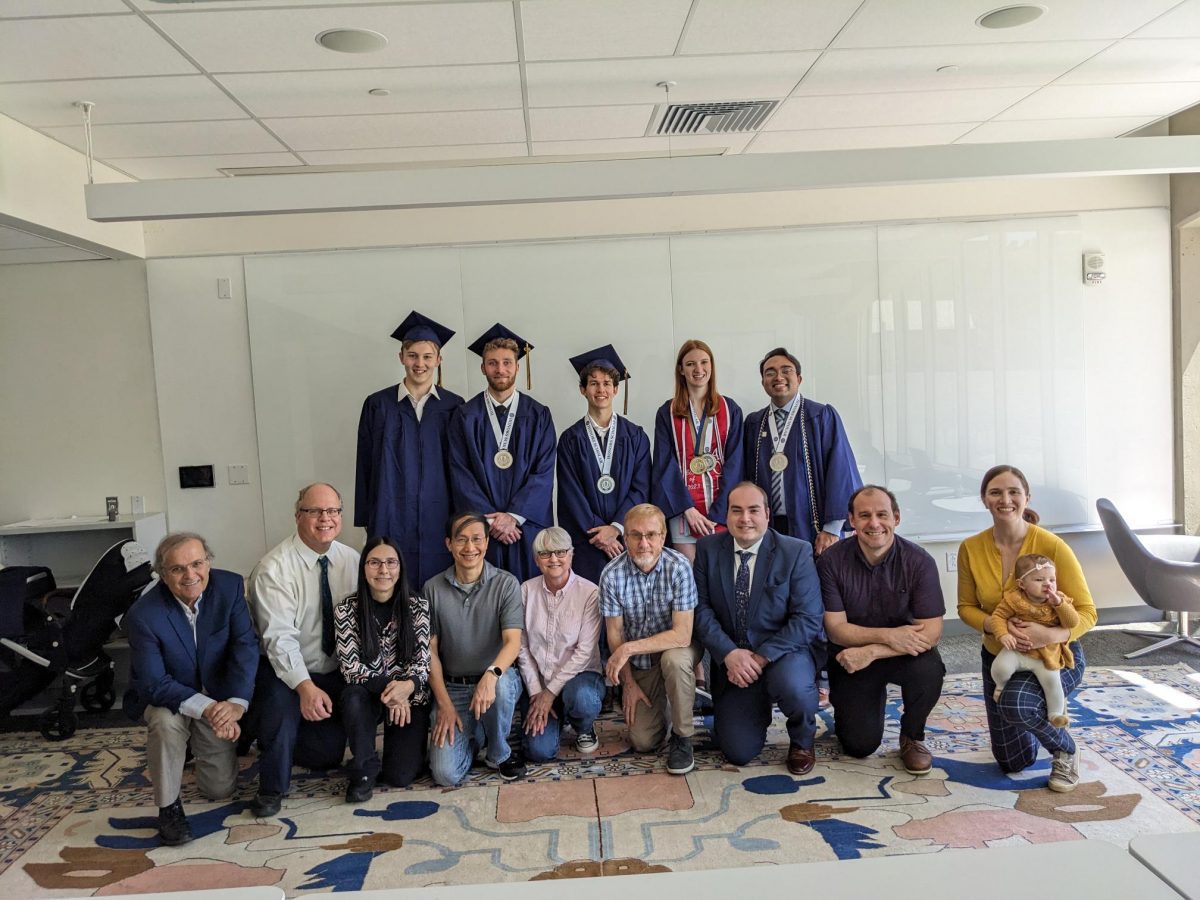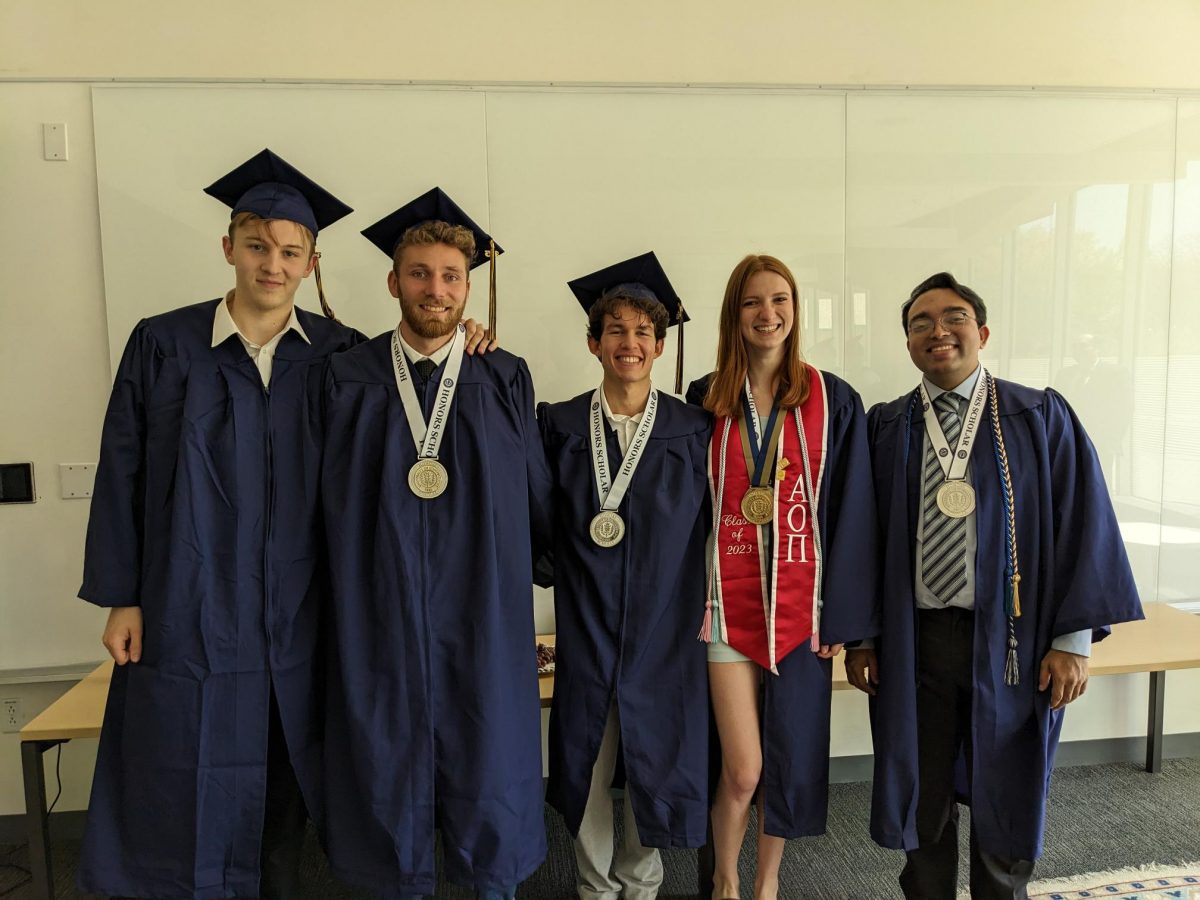The Physics Department hosted the 2025 American Physical Society Conference for
Undergraduate Women and Gender Minorities in Physics in January 24-26. This was
achieved with the support of the College of Liberal Arts and Science, the Provost’s Office, and the
Office of Sponsored Programs, the College of Engineering, the Institute of Material Sciences, the
APS and generous donors (the Ed Eyler and Karen Greer fund, the Mark Miller Fund Sponsorship
provided in memory of City College of New York Physicists William Miller and Myriam Sarachik,
Mirion Technologies, the Del Boca family gift, AAS, the New England Section of the APS and
the Startorialist Science and Fashion Shop).
The conference’s goal was to help undergraduate women and gender minorities pursue their
goals in physics by providing them the opportunity to learn about different physics research areas,
career tracks, graduate studies and various professions in physics. The conference brought
undergraduate students and scientists together to share experiences and concerns and receive
feedback and advice. It has been established that students’ experience at a professional conference
enables them to build community through peer networks and interacting closely with speakers and
panelists. The conference provided the students with feedback about their current work and were
mentored about career paths. UConn, which has a strong Diversity, Equity and Inclusion policy
made every effort to create a welcoming and supportive environment for all. The conference
program had speakers and panelists from several institutions around the country, faculty, staff and
students from UConn as well as former UConn students who graduated with Bachelors, Masters
or PhDs. The link to the CU*iP conference program is https://physics.uconn.edu/cuwip/program/
The local organizing committee consisted of faculty, postdocs, graduate and undergraduate
students (Sarah Trallero, Lea Ferreira dos Santos, Shohini Bhattacharya, Luchang Jin, Matt
Guthrie, Peter Schweitzer, Alan Wuosmaa, Simone Columbo, Cara Battersby, Tom Blum, Erin
Scanlon, Elena Dormidontova, Asli Tandogan Kunkel, Cameron Brady, Meg Davis, Dani Lipman,
Jessica Mitlehner, Juliette Stecenko, Kaley Wilcox, Andrea Mejia, Liam McDermott, and George
Gibson) led by Nora Berrah. In addition, volunteers ─ faculty (Sylvanie Wallington), staff (Adam
Kolano, Carrie Chichocki, Dave Perry, Ray Celmer), students and postdocs (Noah Frese, Bill
Wortley, Willson London, Jack Conley, Christian McCoy, Tobi Saule, Christian McCoy, Yutong
Geng, Brenna Petrelli) and donors (Karen Greer) ─ provided great support in running a very
successful meeting.
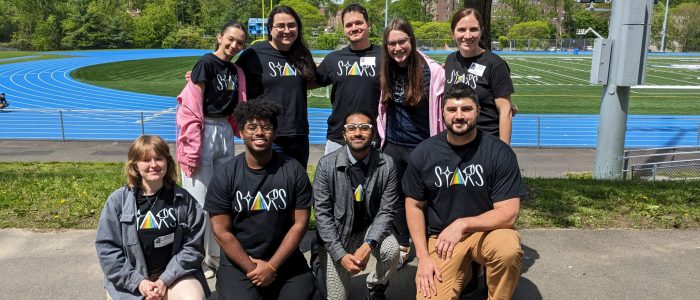
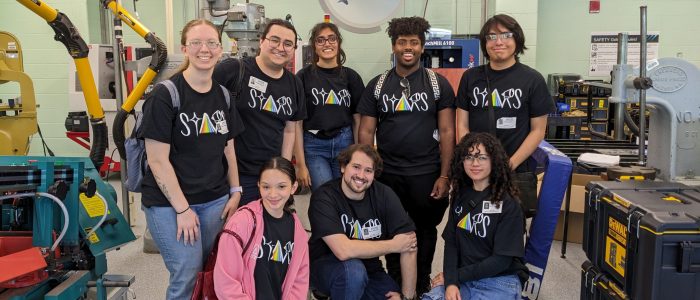
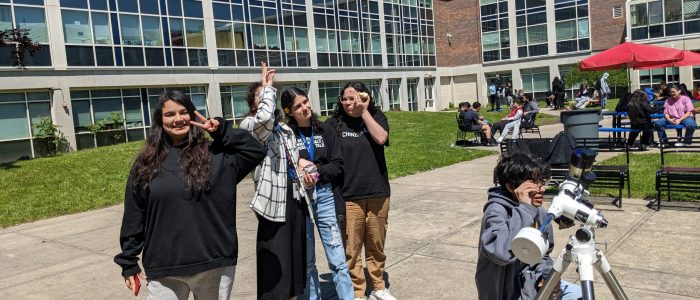
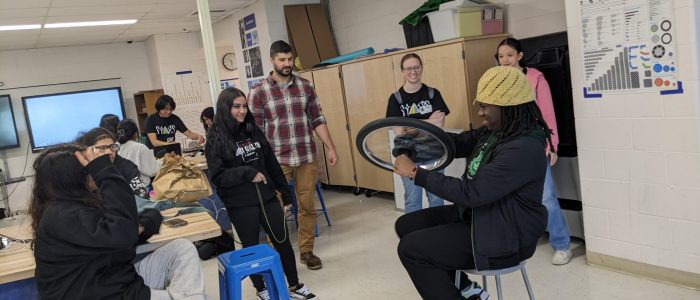
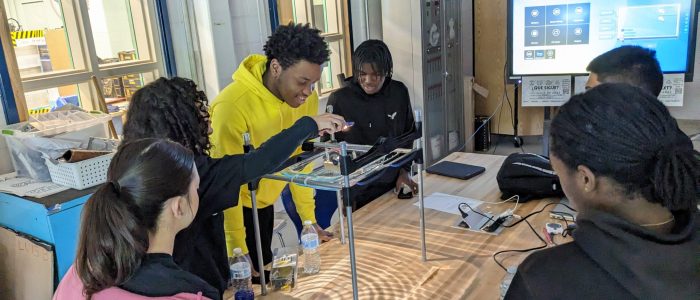
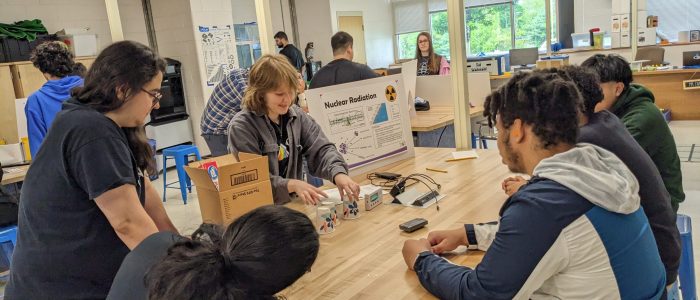
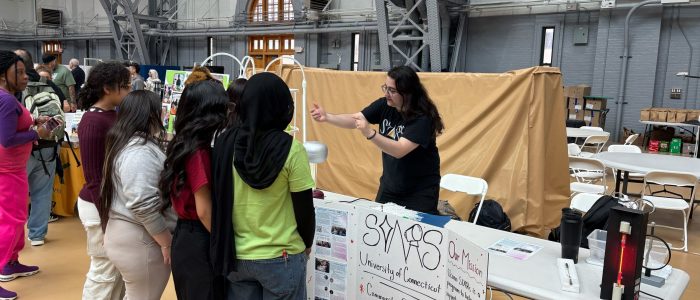
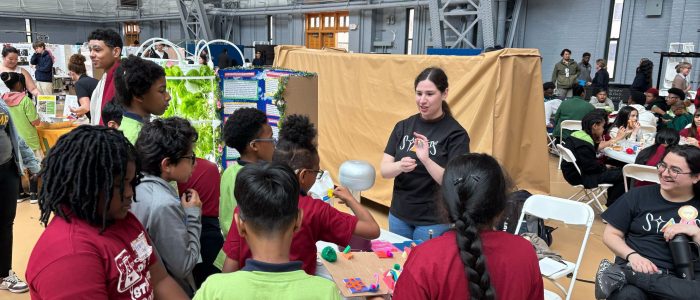
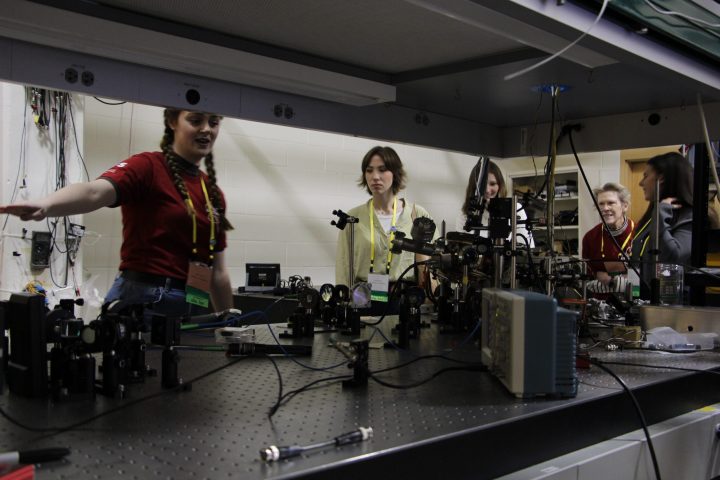
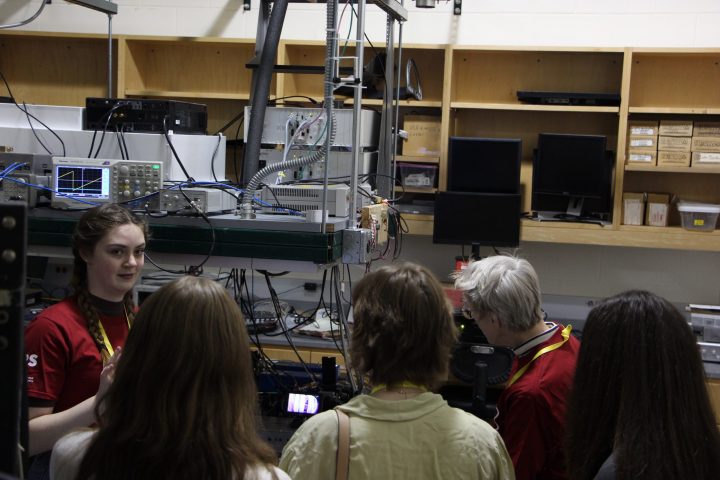
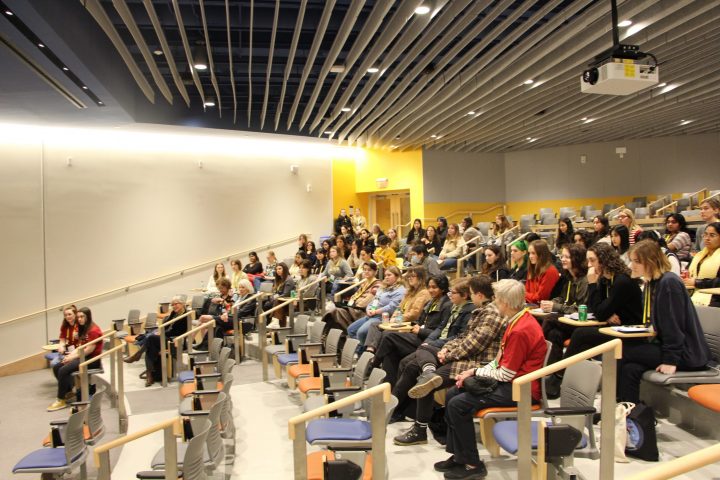
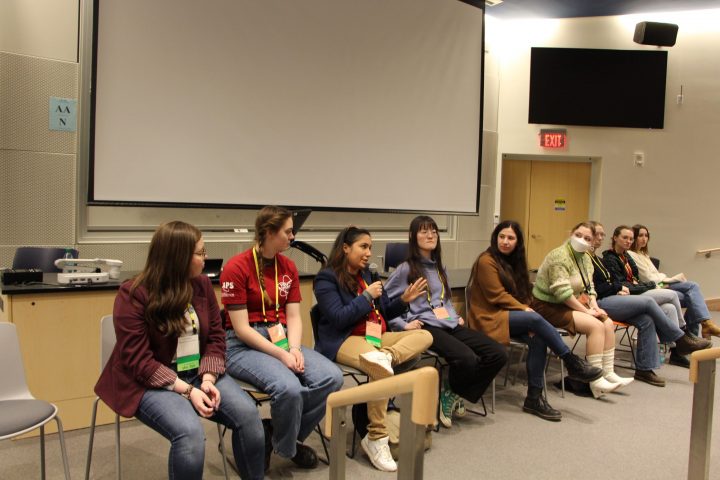
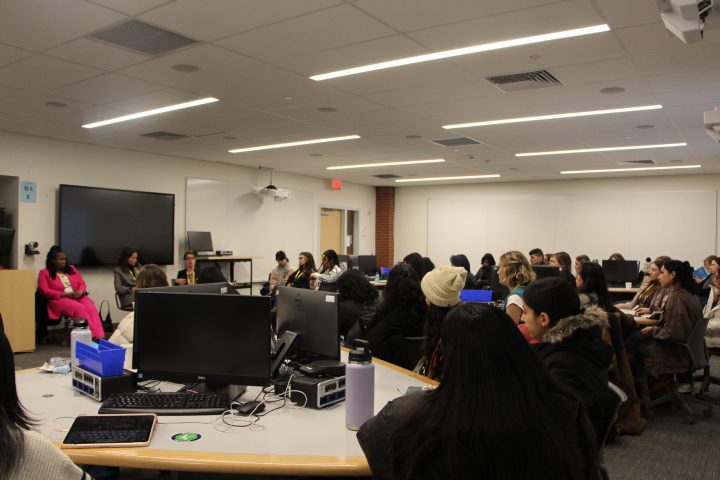
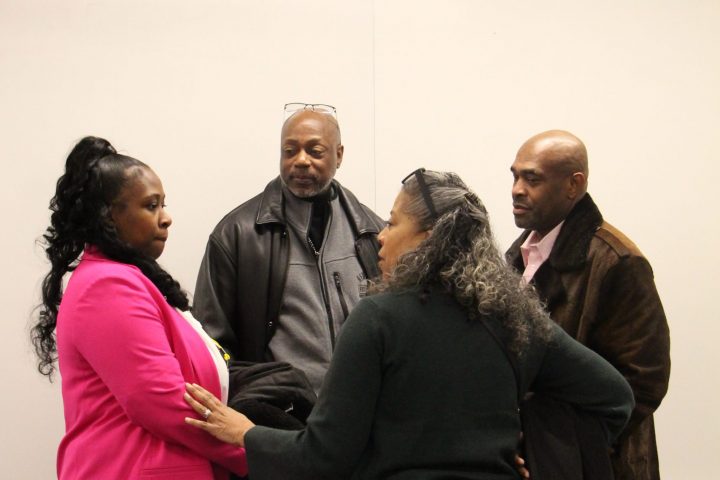
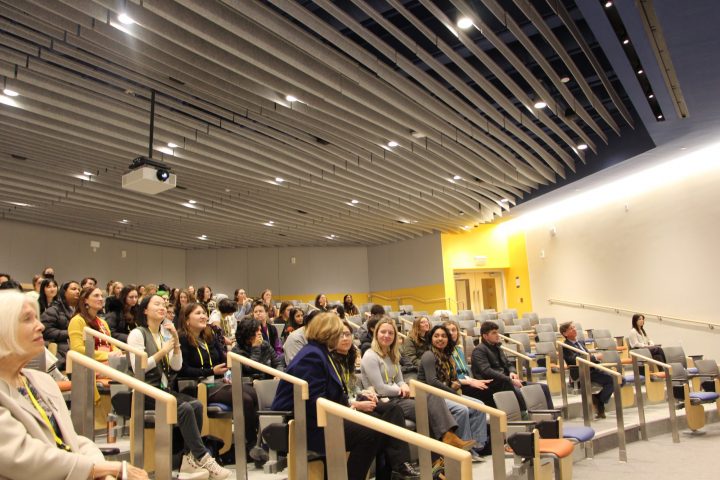
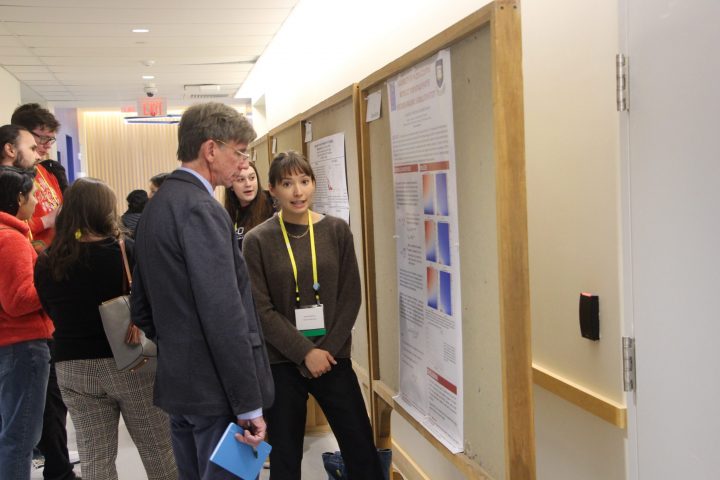
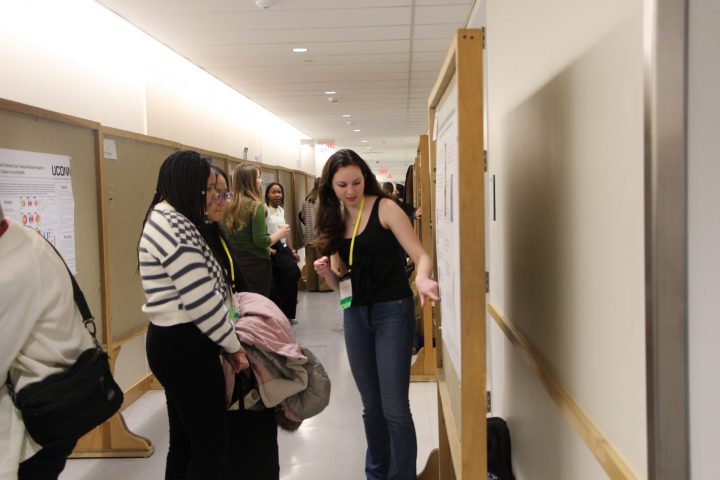
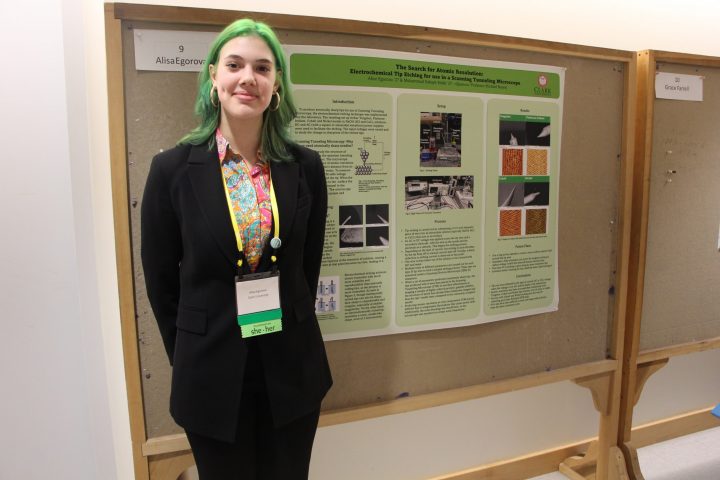
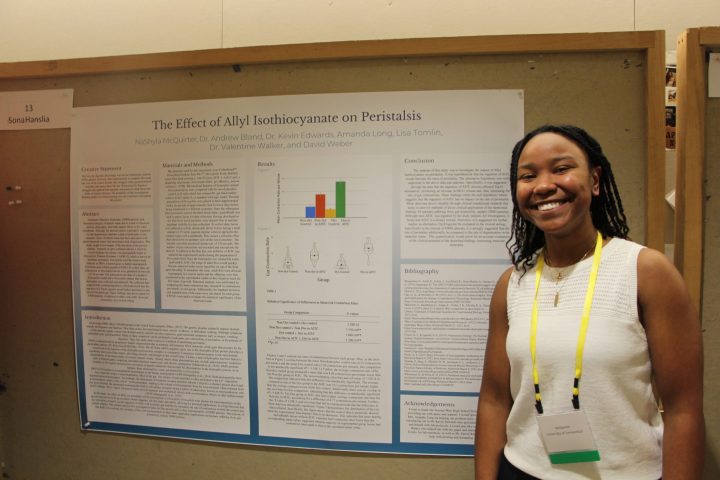
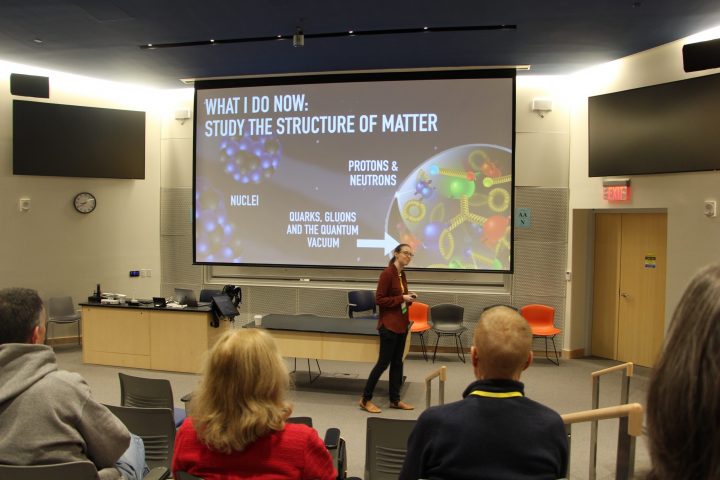
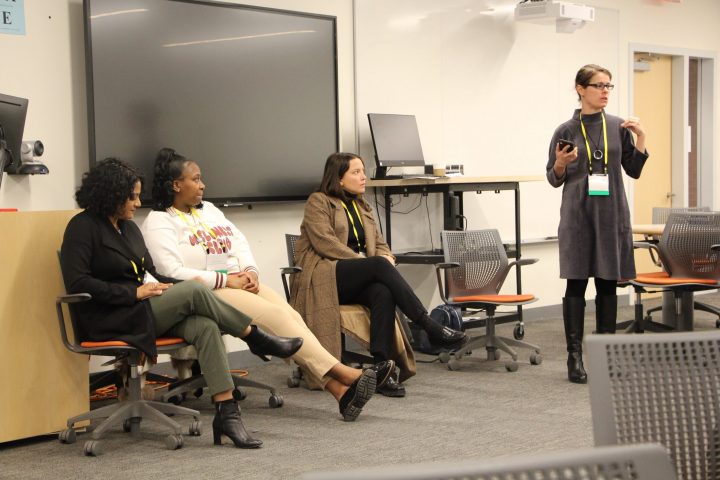
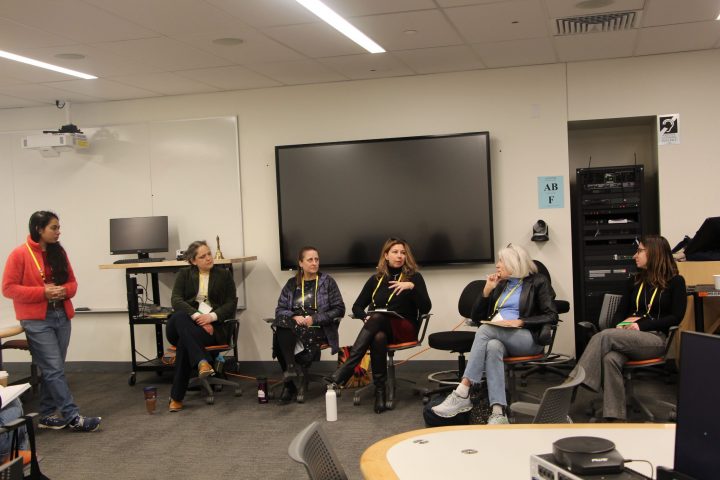
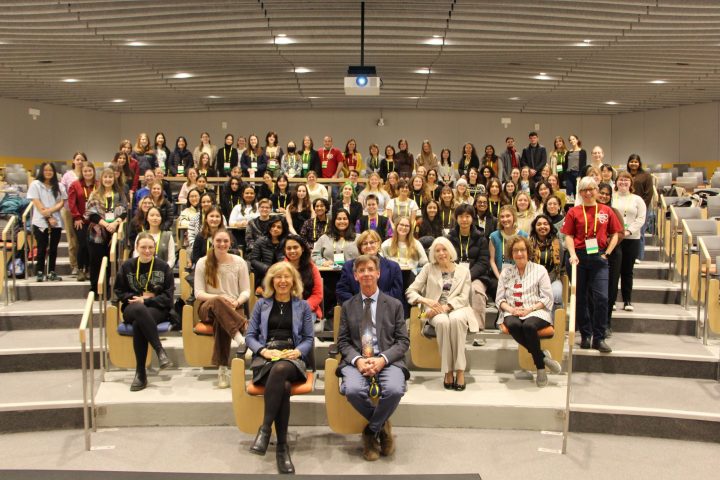
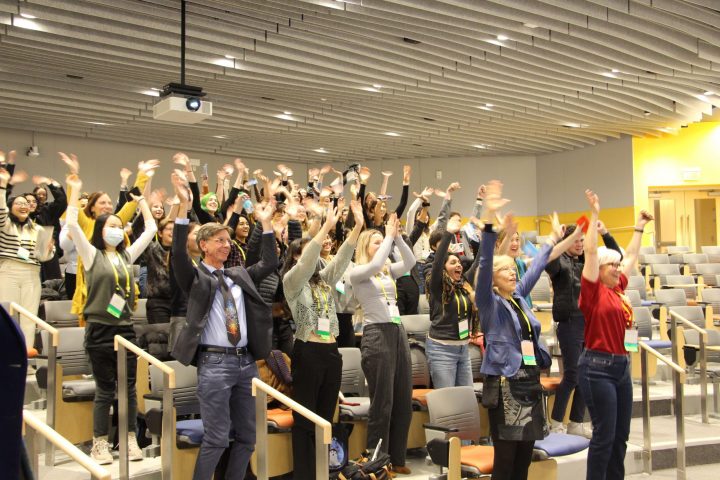
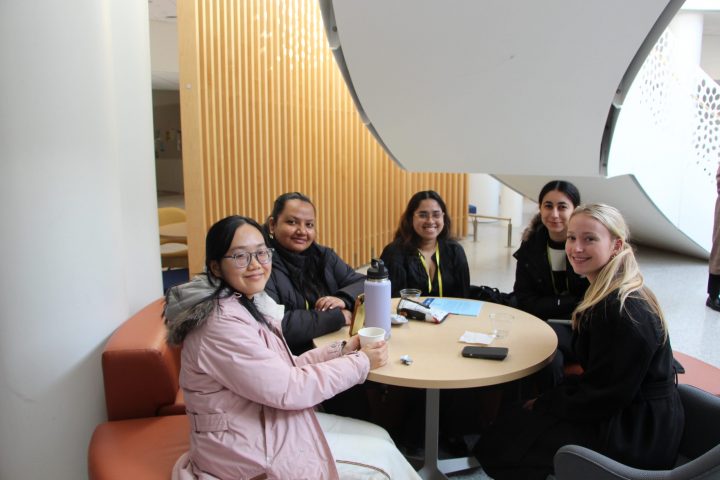
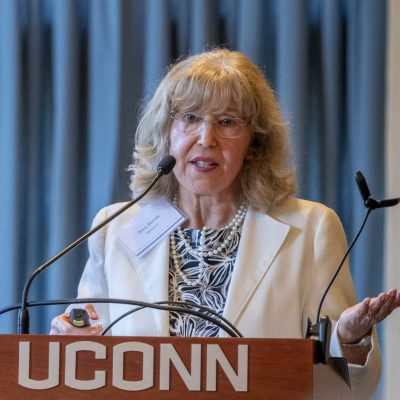
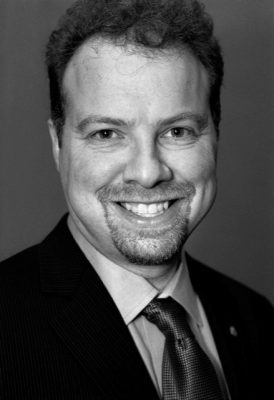 Adam Riess is a Bloomberg Distinguished Professor, the Thomas J. Barber Professor in Space Studies at the Krieger School of Arts and Sciences at Johns Hopkins University, a distinguished astronomer at the Space Telescope Science Institute and a member of the National Academy of Sciences. He received his bachelor’s degree in physics from the Massachusetts Institute of Technology in 1992 and his PhD from Harvard University in 1996. His research involves measurements of the cosmological framework with supernovae (exploding stars) and Cepheids (pulsating stars). Currently, he leads the SHOES Team in efforts to improve the measurement of the Hubble Constant and the Higher-z Team to find and measure the most distant type Ia supernovae known to probe the origin of cosmic acceleration.
Adam Riess is a Bloomberg Distinguished Professor, the Thomas J. Barber Professor in Space Studies at the Krieger School of Arts and Sciences at Johns Hopkins University, a distinguished astronomer at the Space Telescope Science Institute and a member of the National Academy of Sciences. He received his bachelor’s degree in physics from the Massachusetts Institute of Technology in 1992 and his PhD from Harvard University in 1996. His research involves measurements of the cosmological framework with supernovae (exploding stars) and Cepheids (pulsating stars). Currently, he leads the SHOES Team in efforts to improve the measurement of the Hubble Constant and the Higher-z Team to find and measure the most distant type Ia supernovae known to probe the origin of cosmic acceleration.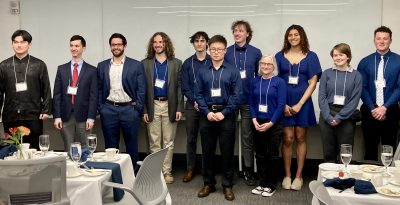
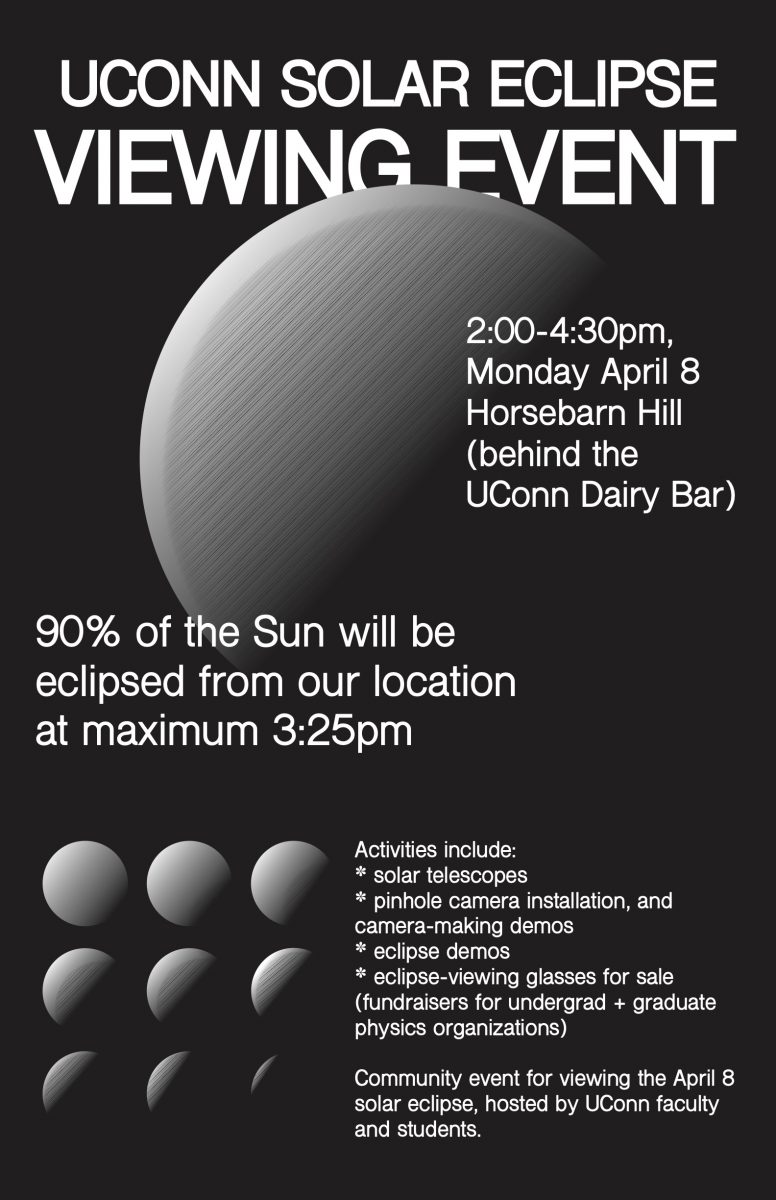
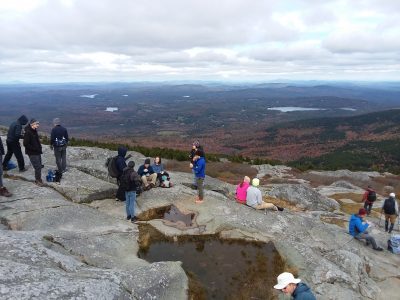
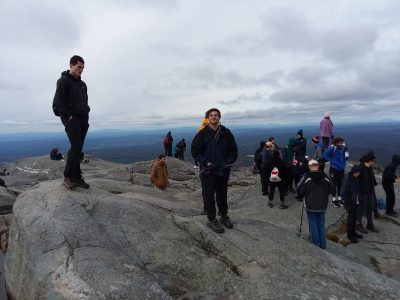
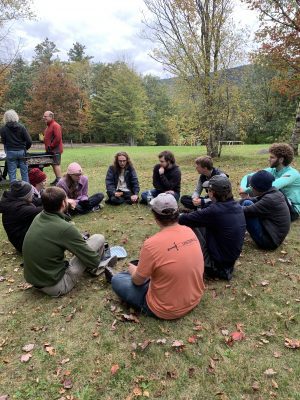
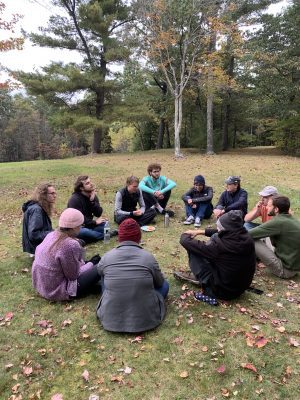
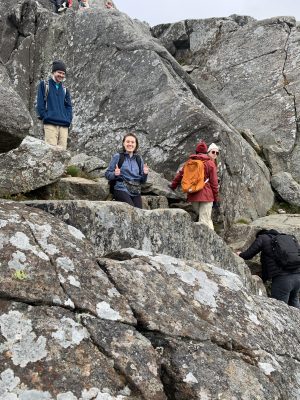
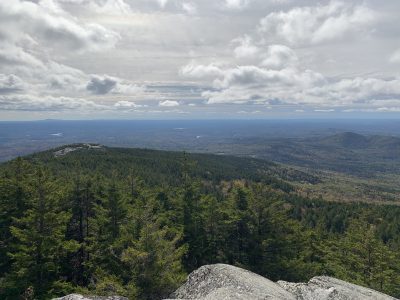
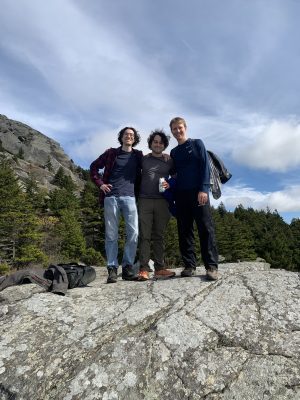
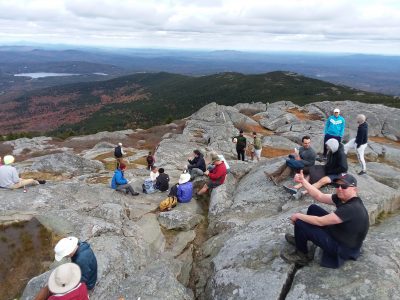
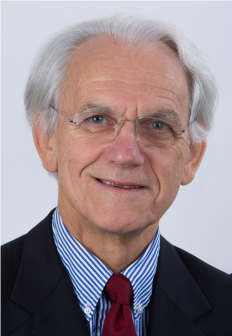 Gérard Mourou received his undergraduate education at the University of Grenoble (1967) and his Ph.D. from University Paris VI in 1973. He has made numerous contributions to the field of ultrafast lasers, high-speed electronics, and medicine. But, his most important invention, demonstrated with his student Donna Strickland while at the University of Rochester (N.Y.), is the laser amplification technique known as Chirped Pulse Amplification (CPA), universally used today. CPA revolutionized the field of optics, opening new branches like attosecond pulse generation, Nonlinear QED, and compact particle accelerators. It extended the field of optics to nuclear and particle physics. In 2005, Prof. Mourou proposed a new infrastructure, the Extreme Light Infrastructure (ELI), which is distributed over three pillars located in the Czech Republic, Romania, and Hungary. Prof. Mourou also pioneered the field of femtosecond ophthalmology that relies on a CPA femtosecond laser for precise myopia corrections and corneal transplants. Over a million such procedures are now performed annually. Prof. Mourou is a member of the U.S. National Academy of Engineering, and a foreign member of the Russian Science Academy, the Austrian Sciences Academy, and the Lombardy Academy for Sciences and Letters. He is Chevalier de la Légion d’honneur.
Gérard Mourou received his undergraduate education at the University of Grenoble (1967) and his Ph.D. from University Paris VI in 1973. He has made numerous contributions to the field of ultrafast lasers, high-speed electronics, and medicine. But, his most important invention, demonstrated with his student Donna Strickland while at the University of Rochester (N.Y.), is the laser amplification technique known as Chirped Pulse Amplification (CPA), universally used today. CPA revolutionized the field of optics, opening new branches like attosecond pulse generation, Nonlinear QED, and compact particle accelerators. It extended the field of optics to nuclear and particle physics. In 2005, Prof. Mourou proposed a new infrastructure, the Extreme Light Infrastructure (ELI), which is distributed over three pillars located in the Czech Republic, Romania, and Hungary. Prof. Mourou also pioneered the field of femtosecond ophthalmology that relies on a CPA femtosecond laser for precise myopia corrections and corneal transplants. Over a million such procedures are now performed annually. Prof. Mourou is a member of the U.S. National Academy of Engineering, and a foreign member of the Russian Science Academy, the Austrian Sciences Academy, and the Lombardy Academy for Sciences and Letters. He is Chevalier de la Légion d’honneur.